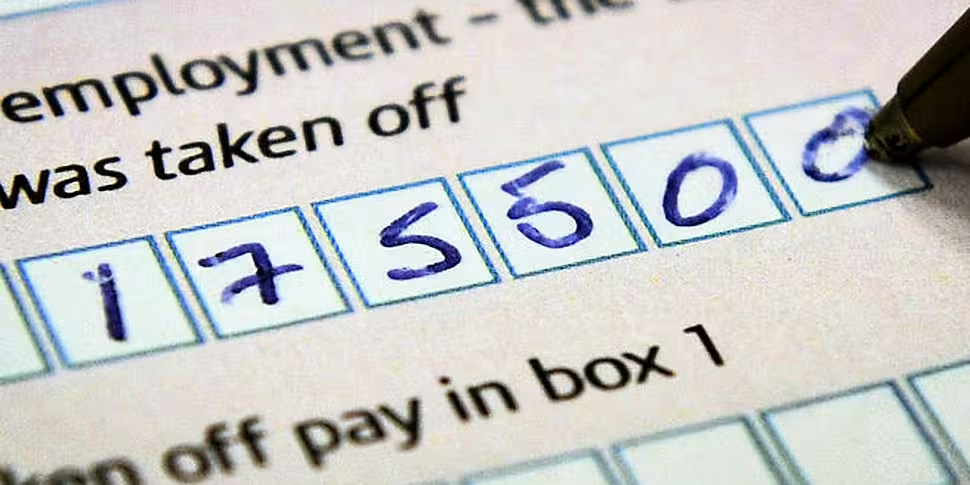Revenue's decision to pursue Airbnb hosts for tax on income they earn through letting out rooms has cast a spotlight on the small side jobs Irish people do, but don't pay tax on.
A punishing tax system and recent economic hardship means the long tradition of cash-in-hand jobs in Ireland is healthier than ever.
Most people are happy to turn a blind eye to activities like grinds, making curtains or gardening but in being nice to our neighbour are we contributing to a nixer culture?
These jobs might seem small-time but ISME, the Irish Small & Medium Enterprises Association, estimates the value of Ireland's black economy to be as high as €25 billion.
If they are right, that represents a loss to the exchequer of €5 billion in unpaid taxes.
Tax compliant
If you are earning money from any activity you are carrying out, you are obliged to declare that income to the Revenue Commissioners for tax purposes.
You should also declare any expenses you have incurred in carrying out that work so that your tax-free allowances can be applied.
The rules are the same as those that apply to a self-employed person.
Ahead of the self-assessed tax deadline of October 31st, self-employed people are likely to be giving serious thought to their tax return.
Experts like taxback.com warn of the temptation to go light on the earnings you declare to the taxman.
Tax advisor Christine Keily says: "Although it may be tempting to some to try to ignore their tax filing obligations, particularly those who feel they haven’t clocked up enough hours to owe the taxman money, we would advise them that more often than not if the tax return is filed accurately there may only be a relatively small tax bill to be paid – a lot smaller than that which would arise if Revenue applied penalties for non-compliance."
Cracking down
Authorities do go after those who are doing business without paying taxes.
And the rules are being tightened in some areas, like childminding.
Last year Revenue announced a rule change in that sector. Previously those involved in childminding but earning less than €15,000 a year did not have to declare their income, but they are now required to fill out a declaration.
While a 2013 report from the Construction Industry Federation (CIF) found almost two thirds of construction companies have been asked to carry out work for an underhand payment.
The CIF also found that 54% of construction companies have been approached by construction workers offering to work for cash, while continuing to receive social welfare payments.
Anyone who might be involved in any of the other traditionally cash-in-hand jobs like giving music lessons or operating a mobile beauticians or hairdressers would need to be aware that social media channels are reportedly being used to find evidence of tax cheats.
Pictured, an extract from Revenue's Good Citizen report
Nixer culture
ISME Chief Executive Mark Fielding says, "Turning a blind eye to illegitimate trade is still part of our culture and must change to protect jobs and businesses".
He says consumers need to understand the risks they are taking when hiring illegitimate traders, the impact their choices have on the local economy and the illegal activities money spent in the black economy often funds.
His group wants tougher sanctions for rogue traders and they are asking consumers to report suspicious activity to the Revenue Commissioners' by filling in a 'Good Citizen's Report'.










